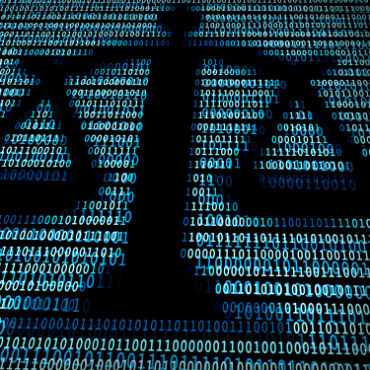Former DOE employee pleads guilty to attempted spear-phishing
Charles Harvey Eccleston, who was fired by the Nuclear Regulatory Commission in 2010, offered to sell a list of 5,000 email addresses of purported NRC employees to undercover FBI agents posing as representatives of a foreign government, the DOJ statement said.

A former Energy Department employee has pleaded guilty to a January 2015 attempted spear-phishing attack on dozens of DOE email accounts, the Justice Department announced.
Charles Harvey Eccleston, who was fired by the Nuclear Regulatory Commission in 2010, offered to sell a list of 5,000 email addresses he said belonged to NRC employees to undercover FBI agents posing as representatives of a foreign government, according to Justice’s statement. Eccleston said the information could be used to infect NRC computers with a virus, and some of his spear-phishing targets worked at nuclear laboratories.
Spear phishing involves duping select people into clicking on malicious links, and it is a prominent threat to federal networks. The July 2015 crippling of the Joint Chiefs of Staff’s unclassified email network reportedly came at the hands of Russian spear phishers. The National Counterintelligence and Security Center announced a campaign in September to warn federal employees and their families of the dangers of spear phishing.
Eccleston allegedly sought to use information on nuclear energy conferences as bait for his phishing. “The defendant identified several dozen DOE employees whom he claimed had access to information related to nuclear weapons or nuclear materials as targets for the attack,” Justice’s statement reads. Eccleston sent the email messages, but the links were defanged by the FBI.
Eccleston initially drew the FBI’s attention in 2013 when he entered an unnamed foreign embassy in Manila, Philippines, and offered to sell a list of U.S. government email accounts, according to Justice’s statement. “When asked what he would do if that foreign country was not interested in obtaining the U.S. government information the defendant was offering, the defendant stated he would offer the information to China, Iran or Venezuela, as he believed these countries would be interested in the information.”
From fiscal 2013 to 2014, NRC saw an 18 percent increase in computer security incidents reported to the Department of Homeland Security, according to a recent inspector general report. That number was almost double the 9.7 percent increase in attacks governmentwide during the same period, according to the IG.
Eccleston had been living in the Philippines since 2011, according to the Justice Department. He was detained in March 2015 and then deported to the United States.
The case also offers a window into how the FBI prosecutes cyber crime. Undercover agents spent many months corresponding with Eccleston and even bought a thumb drive from him for $5,000, according to Justice’s statement.
Eccleston faces 24 to 30 months in prison and a fine of as much as $95,000, according to federal sentencing guidelines.





